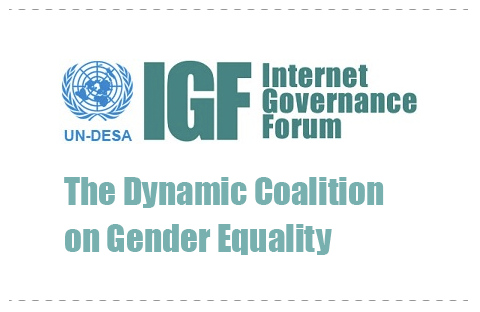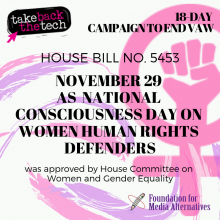Governance

We believe in challenging the patriarchal spaces and processes that control internet governance, as well as putting more feminists and queers at the decision-making tables. We want to democratise policy making affecting the internet as well as diffuse ownership of and power in global and local networks.
Background
Since the early 2000s, internet stakeholders (governments, private sector, technical community, and civil society) have been meeting to discuss policies and protocols to govern the global network. Decisions around "harmful" content, regulation, access, accountability, security, etc are made in what is called "internet governance" processes. The most prominent of these today is the Internet Governance Forum (IGF), a UN process that takes place every year at national, regional, and international levels. For more than a decade, feminists have fought to privilege gender issues at these forums, as well as bring women's organizations and issues to the discussion table to influence policy and protocol.Only 3 out of 89 workshops surveyed at the Internet Governance Forum in 2012 (less than 4%) included gender as an important or main theme, while gender was ignored in 56% and briefly mentioned in 19%. While the gender balance in internet governance spaces has improved in recent years, the international, regional, and national decision-making tables still lack the engagement of women’s rights and LGBTIQ rights activists. Our principle on governance highlights the need to democratise the multi-stakeholder process, as well as get more feminists and queer activists onto the discussion tables in order to advocate for a gender perspective in crucial internet-related debates.





